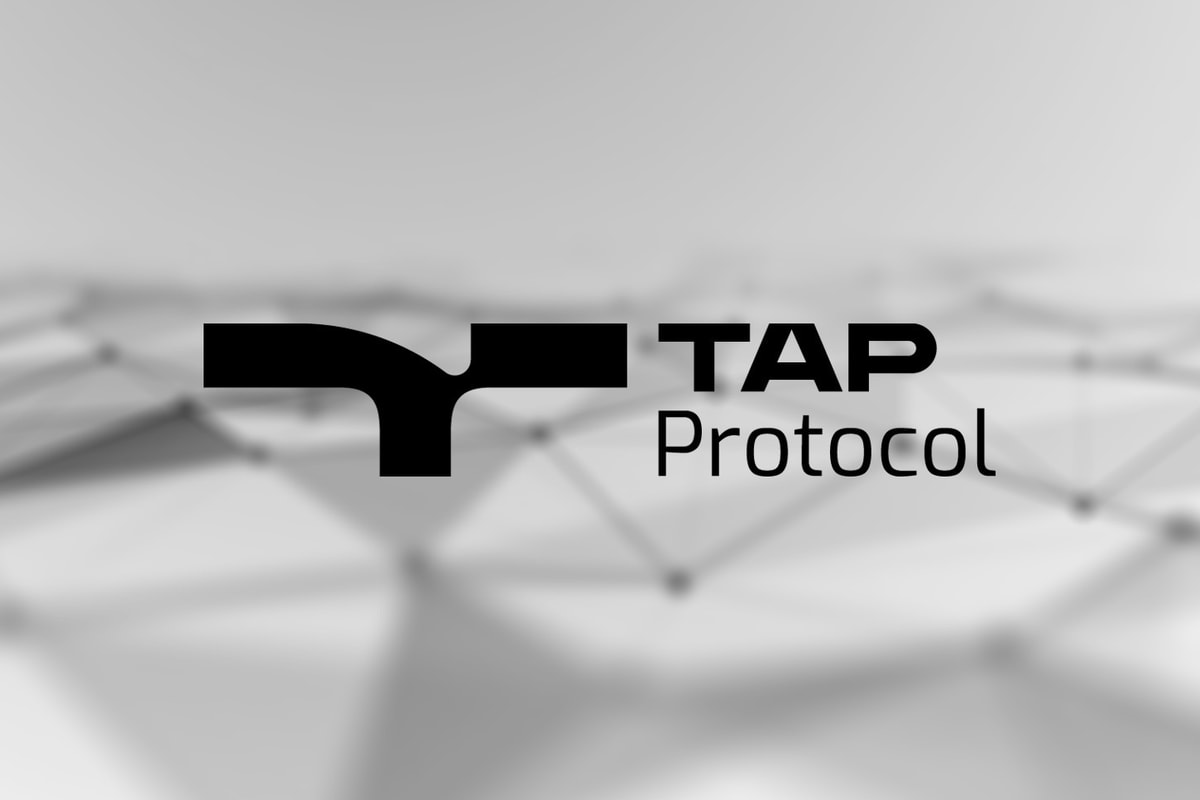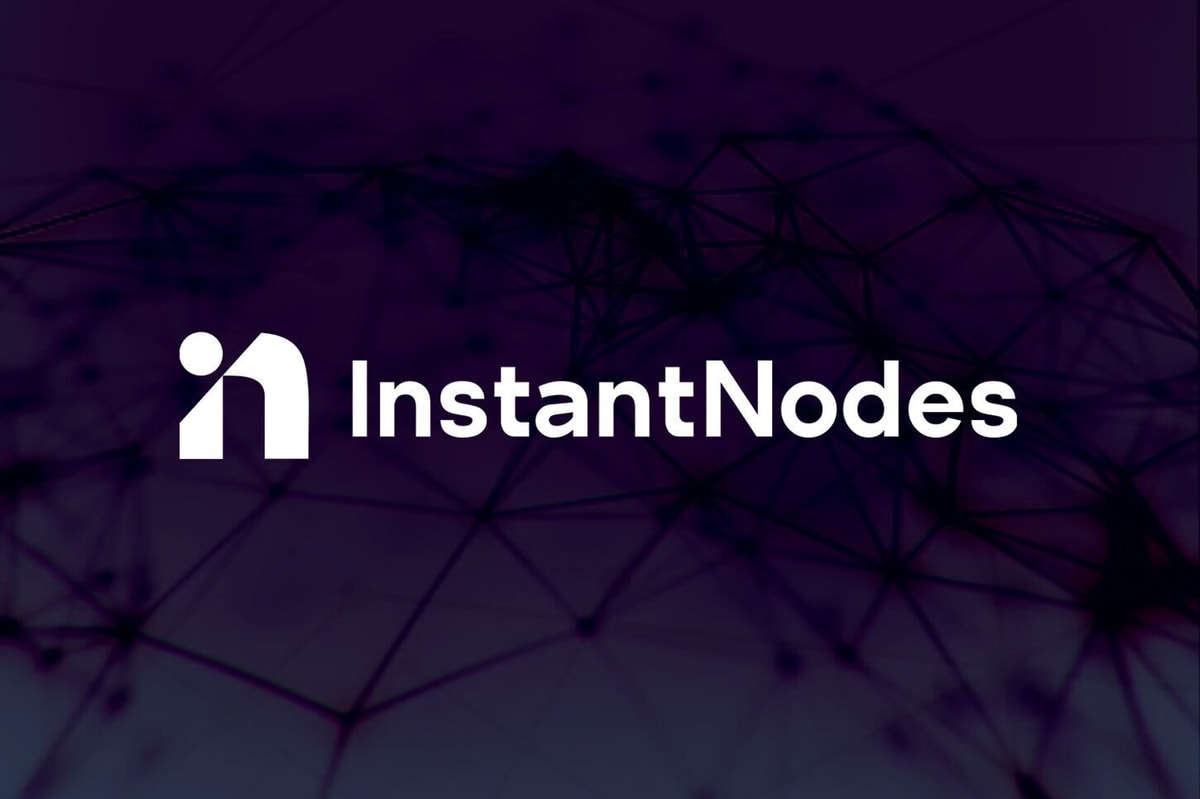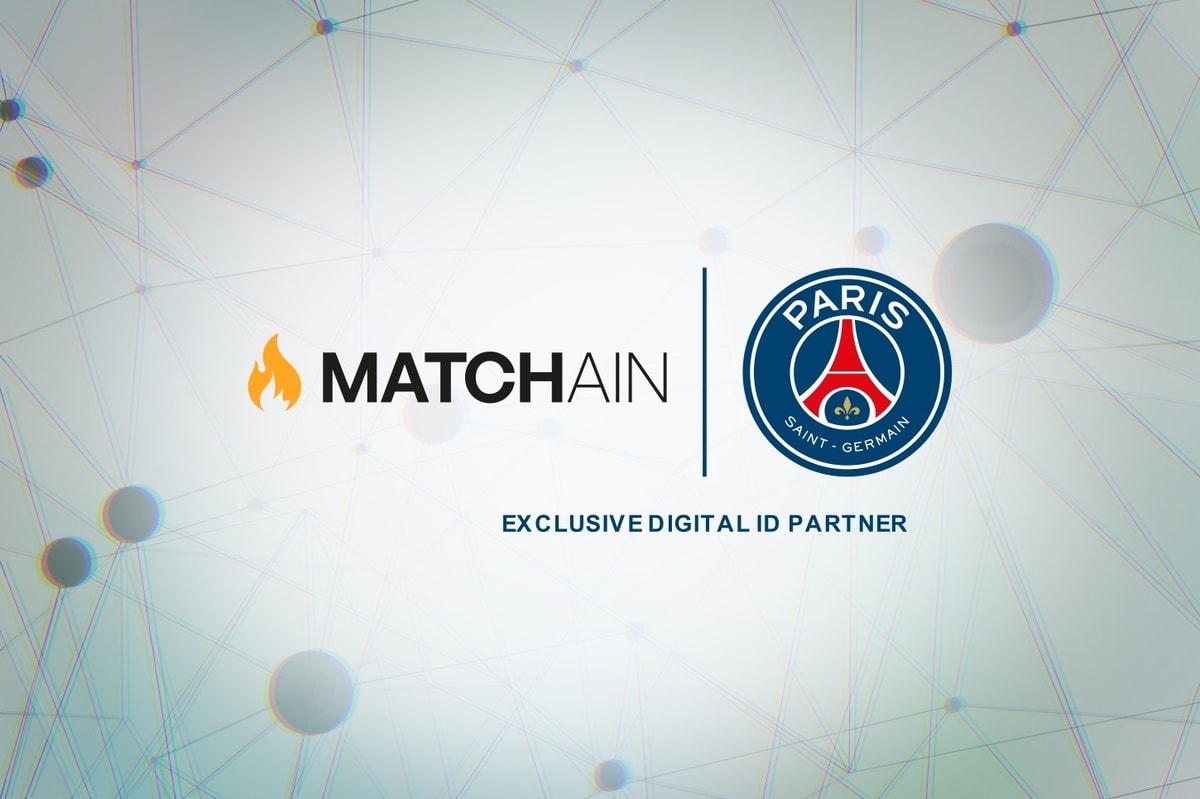
UniDex has migrated to its new protocol token, Molten, as proposed in its recent governance vote. Molten now serves as the primary governance token for the product ecosystem and the native gas token on the Molten network.
UniDex recently introduced its Omnichain OFT Molten token as the first stage of its governance proposal. The new Molten token is designed to gradually replace the existing UniDex token. It offers a 1:1 migration with no set time limit to migrate the older UNIDX token.
1/ Token details
— UniDex Exchange (🌋,🌋) (@UniDexFinance) February 29, 2024
Address: 0x66E535e8D2ebf13F49F3D49e5c50395a97C137b1
Ticker: $MOLTEN
Name: Molten
Decimals: 18
Type: Omnichain OFT powered by @LayerZero_Labs
Deployed Chains: 10+
Same address across all deployed networks!
The new token symbolizes the initial step towards the novel ecosystem to be developed around the Molten token for its forthcoming L2, known as the Molten Network. This token will function as the native gas token on the network, ensuring that all transaction fees are paid in Molten.
Molten aims to address the scalability issues previously encountered by UniDex, in addition to its native use for gas. The new Molten token enables bi-monthly epochs, during which Molten holders determine the quantity of new Molten entering circulation.
This inflation could incentivize usage across the Molten ecosystem, offering rewards for trading, liquidity incentives, grants, and more. Transaction fees collected from protocol usage will burn the Molten, offsetting inflation in a manner similar to Ethereum following its EIP-1559 upgrade.
Molten is much more than just a token; it powers the ecosystem behind the Molten network. The Molten L2 aims to build an ecosystem of interconnected Perp DEXs. Molten has eliminated all forms of oracle MEV, allowing builders to safely deploy leverage protocols without needing to run centralized backends. This means faster trades, more decentralized protocols, and better UX for traders.











